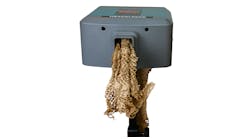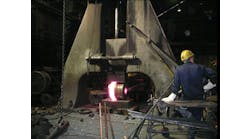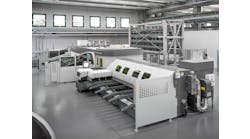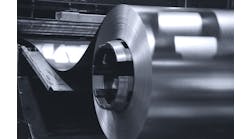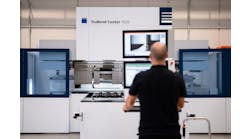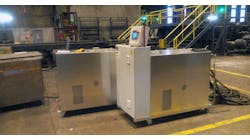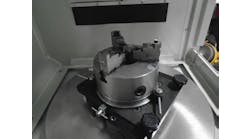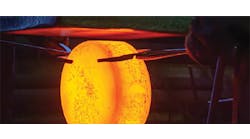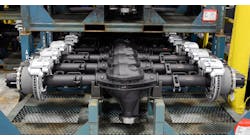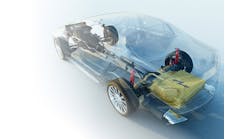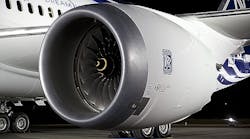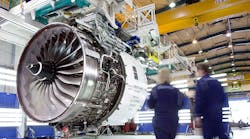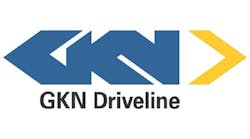GKN Aerospace has a new, long-term agreement to supply Rolls-Royce plc with finished components for its Trent 1000, a turbofan engine supplied to Boeing Commercial Airplanes for its 787 Dreamliner. The terms of the agreement were not announced, but GKN indicated it has a total value of $200 million over the life of the contract.
The 787 Dreamliner is a twin-engine long-range jet in commercial service since 2011, with 230 deliveries to date and nearly 1,100 orders. The Trent 1000 is one of two engine options Boeing selected for the design.
GKN Aerospace is a Tier 1 supplier of complex composite and metallic aerostructures and engine products, for military and civilian aerospace markets. According to the agreement, it will supply the outer guide vane (OGV) mount ring and the rear fan case for the engine. Manufacturing is taking place at the company's sites in El Cajon, CA, Newington, CT, and Mexicali, Mexico.
At full production GKN expects to supply up to 150 engine sets annually.
GKN Aerospace stated it has optimized some advanced fabrication and assembly techniques to minimize the “buy to fly” ratio for each component, including cutting material wastage and limiting exposure to material price fluctuations.
Standard ring forgings require extensive machining, Rolls-Royce noted, but in this application they have been replaced with near-net-shape materials that require minimal finishing.
Manufacturing techniques include electron-beam welding and plasma welding, and optimized mounting solutions have reduced manufacturing and assembly complexity and cost.
Also, the rear fan cases are finished with chemical-million, which achieves close-tolerance rib geometries and lowers the parts’ overall weight by more than 40 lb., according to the supplier.
"We have been manufacturing these components for the Trent 1000 since 2005 and have been working with Rolls-Royce from the outset to develop this near net fabrication scheme,” explained Mike McCann, CEO of GKN Aerospace Engine Systems. “This agreement allows us to optimize a number of processes that will improve the performance of the Trent 1000 engine and simultaneously reduce the environmental impact of manufacture."
